Duke Energy has installed smart meters for a significant number of customers in North Carolina, but the rollout has experienced some pushback from consumers who have expressed concerns about the impact of RF emissions on the human body.
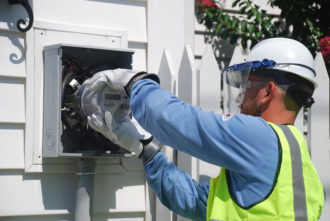

Duke Energy has installed smart meters for a significant number of customers in North Carolina, but the rollout has experienced some pushback from consumers who have expressed concerns about the impact of RF emissions on the human body.

On Aug. 3, Jordan Gillis, acting assistant secretary of the Army for installations, energy and environment presented N.C. National Guard Field Management Station No. 1 with the Secretary of the Army Environmental Award, given annually to just nine individuals, teams or installations from Army operations across the country.

“I have to follow the data, and the data shows that, despite great progress, we still have a pollution problem on the French Broad and that it’s not always safe to be out on the water.”

Duke Energy has replaced 22 power poles in the downtown Asheville area with 100-foot-tall steel structures that can carry larger electrical loads.

With the help of money from the Pigeon River Fund, Asheville GreenWorks has lifted more than one thousand pounds of trash from Mud Creek in Hendersonville.
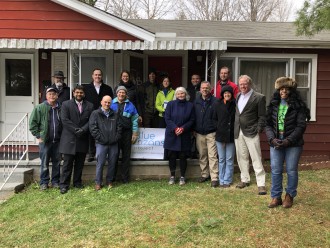
The Energy Innovation Task Force, a joint effort of the city of Asheville, Buncombe County and Duke Energy Progress, along with community stakeholders, was created to find ways to slow the growth of energy demand in Western North Carolina. Two years in, how is that going?
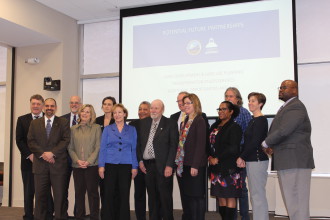
2018’s annual joint meeting of Asheville City Council and the Buncombe County Board of Commissioners highlighted issues of racial equity, police use-of-force and zoning conflicts affecting Buncombe residents.

“How is Duke Energy able to cut all the trees to the ground in my front yard? Some are still small from the last cutting!”

“Was this directive legal, keeping the public out of a public meeting at a county building? From now on, let’s be vigilant. Let’s make sure our public officials keep public meetings open to the public.”

“We need to actively support a clean, green energy grid — and only a clean, green energy grid — throughout our state and throughout the world.”
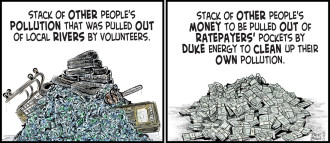
Asheville, N.C.
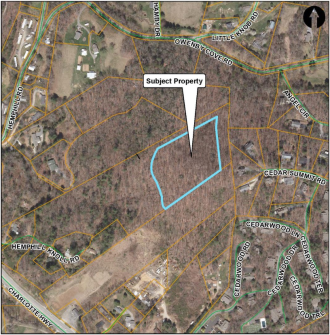
The Buncombe County Board of Commissioners tapped Duke Energy for a solar farm project at the old county landfill and unanimously denied a rezoning request.

The Buncombe County Board of Adjustment unanimously approved Duke Energy’s conditional use permit to build a natural gas facility. The utility says the move will help it stop burning coal in Asheville by the end of 2019.

“People need to see the power they really have, especially the power to prevent Duke Energy from making all the decisions,” says Asheville Community Rights co-founder Kat Houghton. “Corporations should not have more rights than people. That is not a democracy.”
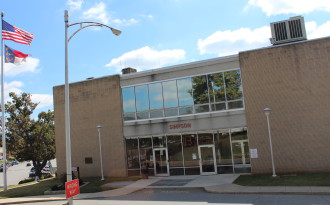
The Buncombe County Board of Commissioners heard development frustrations from Ridgecrest and South Asheville residents ahead of approving measures to shift a sales tax and backtrack on a deal with Duke Energy.
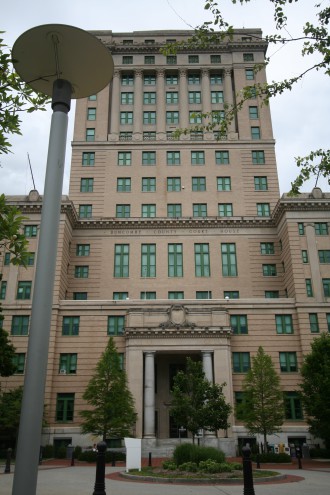
Commissioners will hold a public hearing on the proposed budget, consider diverting the A-B Tech sales tax fund and discuss backing out of a deal with Duke Energy to conduct a solar farm feasibility study.
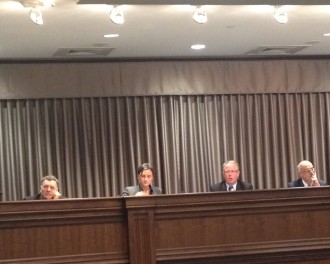
The Buncombe County Board of Commissioners had a rare splitting of party lines as a partnership with Duke Energy caused a riff among Democrats.

“It has been suggested that Duke license and implement the eScore program, which was highly successful for the Tennessee Valley Authority. EScore is attractive to both homeowners and participating contractors for its ease of use and effectiveness.”
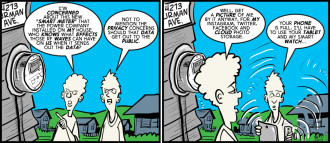
Asheville
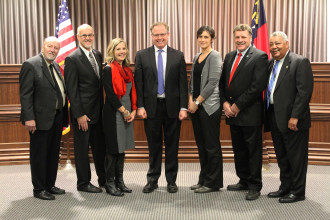
The Buncombe County Board of Commissioners started consideration of the property tax rate for the upcoming fiscal year during its meeting on Tuesday, May 2.

“Smart meters are a necessary step if our electricity grid is going to accommodate distributed storage (residential batteries like the Tesla power wall). They also offer endless opportunities for apps and other data-driven efficiency strategies that we haven’t dreamed of yet. There’s also a reduction in fossil fuel use when meter readers don’t have to drive to homes anymore.”